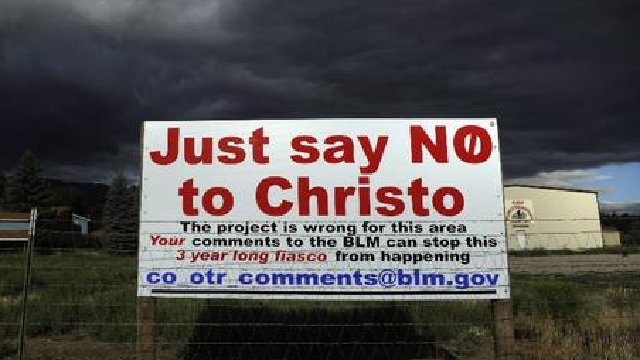Islam and the Middle East: Jobs Over Jihad

What’s the Latest Development?
Despite the ascension of Islamic parties to political power as a result of the Arab Spring, the West need not be concerned about a concentrated effort to buck its influence, says French political theorist Olivier Roy. Political parties in places like Egypt and Tunisia want to put their own house in order and, insofar as they must respond to concerns expressed during last year’s popular uprisings, they remain relatively unconcerned with foreign policy, at least outside the Middle East. Mostly, that will entail making domestic economic reforms.
What’s the Big Idea?
In the Middle East, the success which Islamic political parties have had at replacing Western-backed autocrats speaks well for regional democracy. The Muslim Brotherhood, which won a majority of seats in Egypt’s recent parliamentary elections, does not represent a sweeping revolutionary movement like the kind that transformed Iran in 1979. In fact, the democratic nature of the most successful parties, which have not been controlled by personality cults, more likely represent a repositioning of Islam in the region away from jihad—toward jobs.
Photo credit: shutterstock.com





